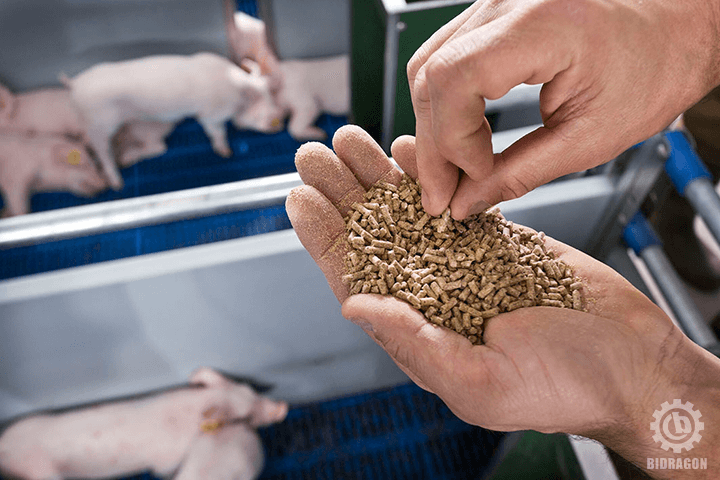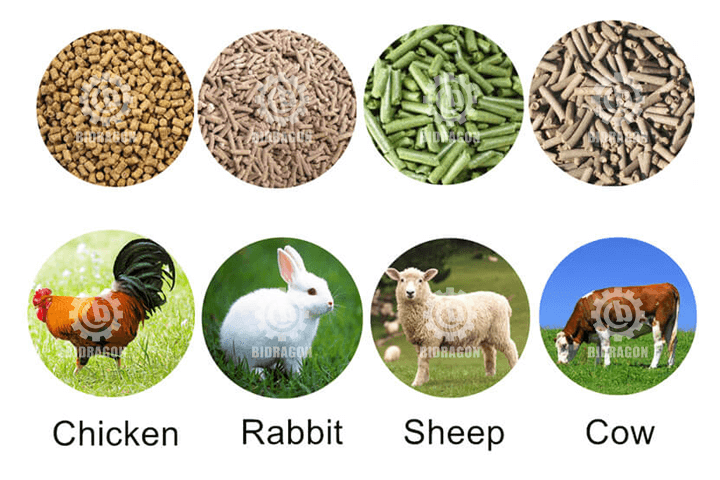
In the feed industry, boilers are indispensable for sterilization, disinfection, and drying processes. By supplying high-temperature, high-pressure steam, they improve feed hygiene, safety, and palatability while ensuring stable production and cost efficiency. Boiler performance directly impacts both product quality and operational reliability.
Coal-fired boilers remain widely used in feed mills for their low operating costs, while biomass and gas-fired boilers are increasingly adopted for environmental and energy-saving benefits. With growing demand for feed, the industry is relying more on efficient, safe, and sustainable boiler systems to reduce fuel costs and enhance productivity.
In a feed mill, the selection and use of boilers requires comprehensive consideration of a number of factors, including the temperature, pressure, safety and efficiency of the steam. Here are some detailed analyses of boilers in feed mills:
Steam boilers can effectively sterilise, disinfect and dry feed due to the high temperature steam produced under high pressure, thus improving the quality and palatability of feed. However, steam boilers require special attention to safety issues during operation, such as regular checking of steam pipework for leaks, steam-water separators for proper functioning and burners at maximum power.
Coal/biomass fired boilers use renewable biomass resources (e.g. straw, wood chips, etc.) as fuel, and convert biomass into gas through gasification technology to provide feed mills with the required heat and steam. Compared with traditional energy sources, biomass boilers have the advantages of environmental protection and energy saving, but their operation and maintenance are relatively complex and require more technical support.
In general, when the operating costs of boilers are taken into account, coal fired boilers are the most widely used in feed plants. Bidragon offers a range of coal fired boiler solutions, including manual burners, chain grate boilers, and reciprocating grate boilers. Bidragon Boiler can recommend and customise the appropriate coal fired boilers according to customers’ requirements. The boilers used in feed plants are currently undergoing a gradual process of innovation in line with advances in science and technology, with the new boiler system showing promising improvements. Due to the high demand for feed, the selection of energy-efficient and cost-effective boilers can significantly reduce fuel costs. Biomass and gas boilers have been progressively adopted in feed mills to meet this demand.

Fuel choice should consider resource availability, economic factors, and environmental policies:
Coal-fired boilers: Widely used in feed mills for their low operating costs; available in manual, chain grate, or reciprocating grate designs.
Biomass boilers: Use renewable fuels such as wood chips or agricultural waste; more eco-friendly but require higher technical operation and maintenance.
Gas-fired boilers: Clean combustion and high efficiency; suitable where gas supply is reliable and environmental standards are strict.
Electric boilers: Safe and precise, but generally higher in operating cost, suitable for smaller or specialized applications.